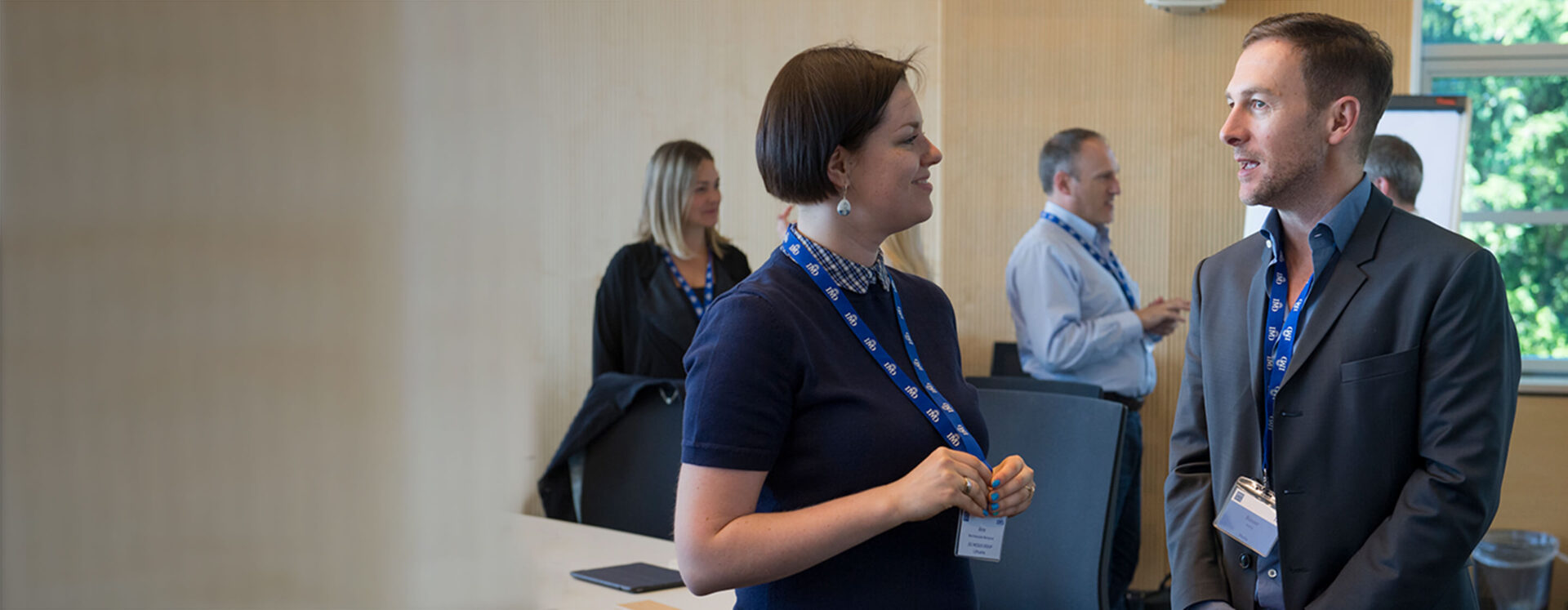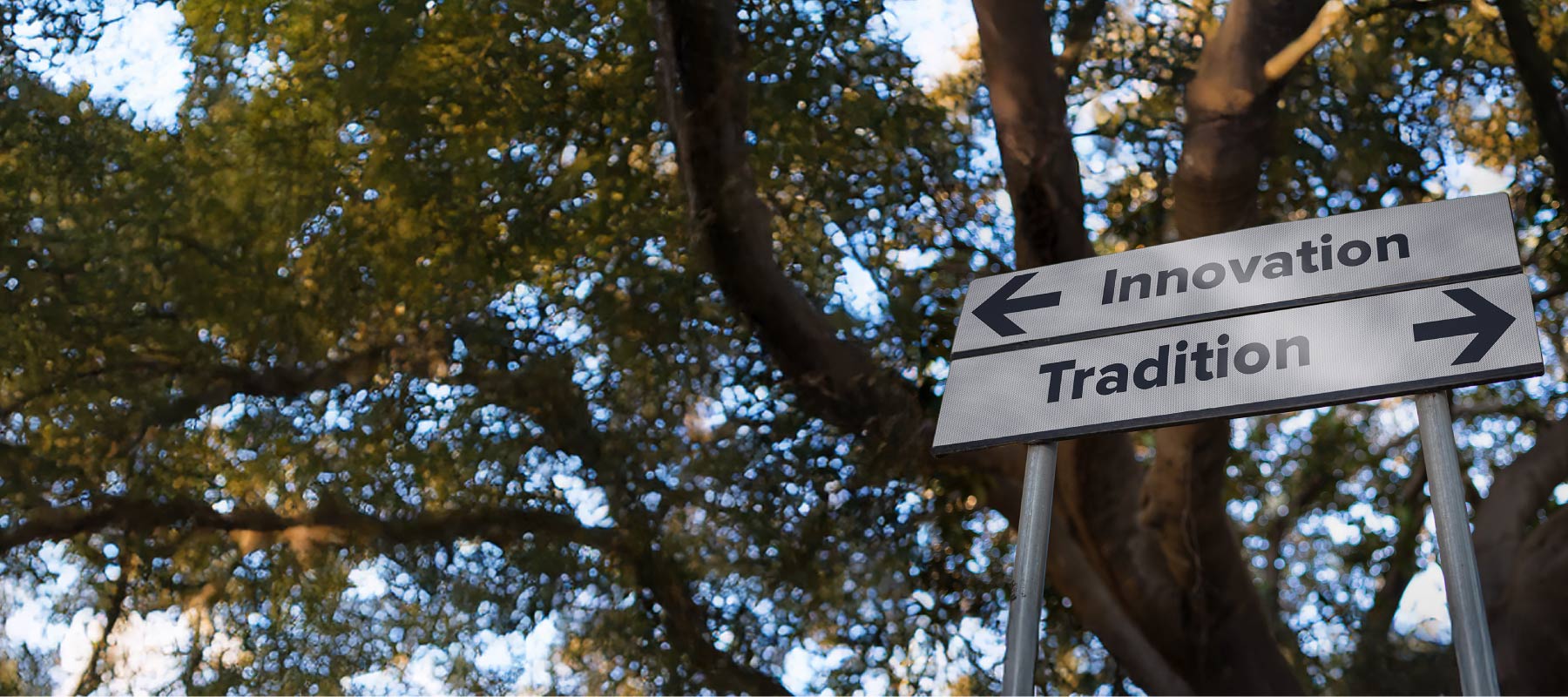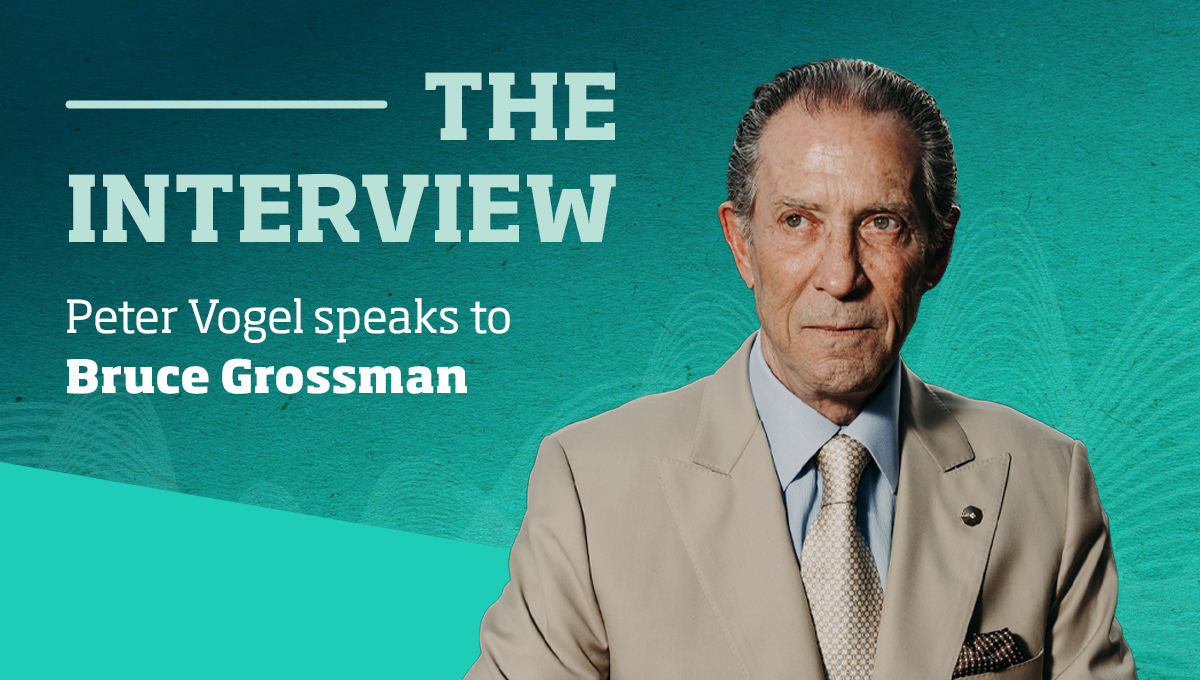
Family values
Family businesses are fascinating – 70% of businesses worldwide are private or family owned; they are the oldest form of business in the world, and in the UK, for instance, they provide 9.2 million jobs and generate £1.1 trillion in annual turnover.
Family businesses tend to take a long-term view and can be quite risk-averse. Many favor debt-free growth strategies offering economic stability. However, for some, risk aversion manifests itself in an insular leadership that ineffectively manages issues such as succession, conflict and communication – particularly between family members. For HR people, this can make life quite complex.
Managing influence
It is essential for HR representatives in a family business to understand who owns and leads the corporate culture. The family sitting on a board is not the same as an anonymous shareholder and it’s important to understand its values, philosophy and vision in order to understand how they translate into the company’s culture.
Longevity can have a positive and a negative influence on the business. Many staff like the sense of security of knowing that the leader might be in place for 15 or 20 years, and employees who gel with the strong sense of identity will be particularly happy, dedicated and loyal to the company.
HR supporting succession preparation
The drawback to holding on to leaders for a long time is that it can make strategic or cultural change difficult. Today’s pace of innovation requires extreme responsiveness and adaptability, making any business that is slow to react to change especially fragile.
A key area where HR can provide long-term support and security is in preparing for succession, particularly when it comes to grooming and developing talent. As transition phases in family businesses can last several years and involve deep changes in the organization, HR has a pivotal role in organizing concerted efforts to strengthen the business and to engage and retain key family and non-family talent in the long term.
In many parts of the world, first-born sons are expected to take over the family business. Sometimes, though, the presumed successor simply isn’t up to the task. Here, senior HR representatives can be particularly helpful and support the business leader as they rationalize their decisions and selection processes.
In Western economies 40 years ago, markets were booming, and if you were smart enough and could surround yourself with good people, you could be successful with almost any business. Nowadays, the picture is very different. Competition is fierce – and global – making it vital to develop young leaders with strong management and governance skills. This is why IMD has launched new programs – run in both Switzerland and Singapore – to provide successors with skills in key areas including leadership, innovation and entrepreneurship.
Standing the test of time
We design our programs to help make family businesses aware of their inherent weaknesses and build on their strengths. I believe that family businesses will continue to stand the test of time. They can have such strong cultures and visions, and, when managed properly, tremendous longevity. Their continued success will lie in a delicate balance of history, pride, expertise and emotions.
Denise H. Kenyon-Rouvinez was the Wild Group Professor of Family Business at IMD and Director of IMD Global Family Business Center. She directs the following programs: Leading the Family Business, Leading the Family Office and co-directs The Next Generation.
This article was originally published by Hays.
Research Information & Knowledge Hub for additional information on IMD publications

Tolaram’s Mohan Vaswani and Sajen Aswani on how the family enterprise has achieved success across four generations, three continents, and 75 years.

Tradition is defined as the transmission of customs or beliefs from generation to generation. Innovation is the process of changing something established by introducing new methods
BARCELONA, JANUARY 2023. What started in 2016 as a humble entrepreneurial attempt to contribute to a more sustainable future had turned into a solid eyewear brand present in major Western markets. François van den Abeele was even more excited by t...
Founded by Lim Hock Chee in 1985, Sheng Siong has evolved from a humble grocery store into a leading supermarket chain in Singapore, renowned for its cost-effective pricing and commitment to customer satisfaction. Mr Lim’s unique philosophy, which...

Fourth-generation family member Bruce Grossman tells IMD’s Peter Vogel about his successes and failures in establishing structures to unify the family enterprise and the lessons he hopes the next generations will take from the experience.
Family businesses hold a unique place in the economic and social landscape. They represent not just entrepreneurship but also heritage, values and a legacy passed down through generations.
Alex Reinhardt was brought in to turn around a renewable-energy company that had been on the verge of bankruptcy until the German government bailed it out. After he fainted from overwork and burnout and had to take a medical leave, the board appoi...
Family businesses have long been the backbone of the global economy, contributing significantly to employment, innovation, and economic resilience. As we approach 2025 and beyond, family businesses must adapt to a range of emerging trends to stay ...
We investigate family CEO birth order as an antecedent of family firms' CSR behavior. Despite psychology literature recognizing it as a key predictor of individual behavior, birth order has been largely neglected in management research. Drawing on...
Research Information & Knowledge Hub for additional information on IMD publications
in I by IMD 31 January 2025
Research Information & Knowledge Hub for additional information on IMD publications
Research Information & Knowledge Hub for additional information on IMD publications
Research Information & Knowledge Hub for additional information on IMD publications
Research Information & Knowledge Hub for additional information on IMD publications
Research Information & Knowledge Hub for additional information on IMD publications
Research Information & Knowledge Hub for additional information on IMD publications
in Family Office Magazine January 2025, no. 2, pp. 20-21
Research Information & Knowledge Hub for additional information on IMD publications
Research Information & Knowledge Hub for additional information on IMD publications
in Strategic Entrepreneurship Journal 25 December 2024, ePub before print, https://doi.org/10.1002/sej.1530
Research Information & Knowledge Hub for additional information on IMD publications

